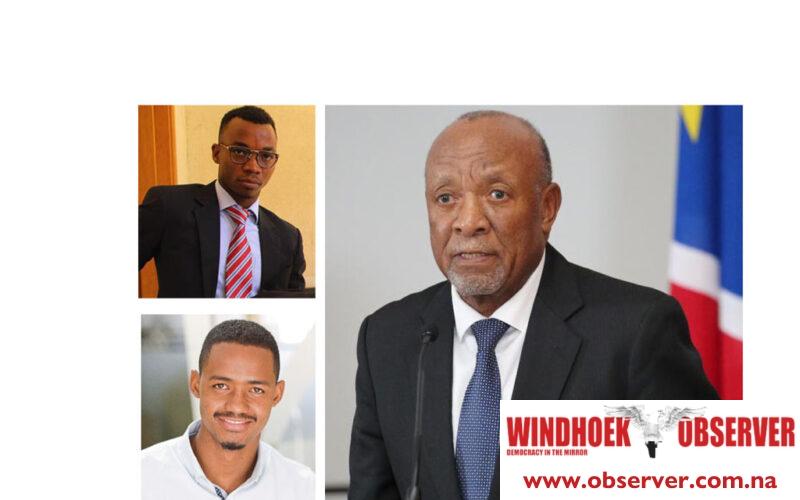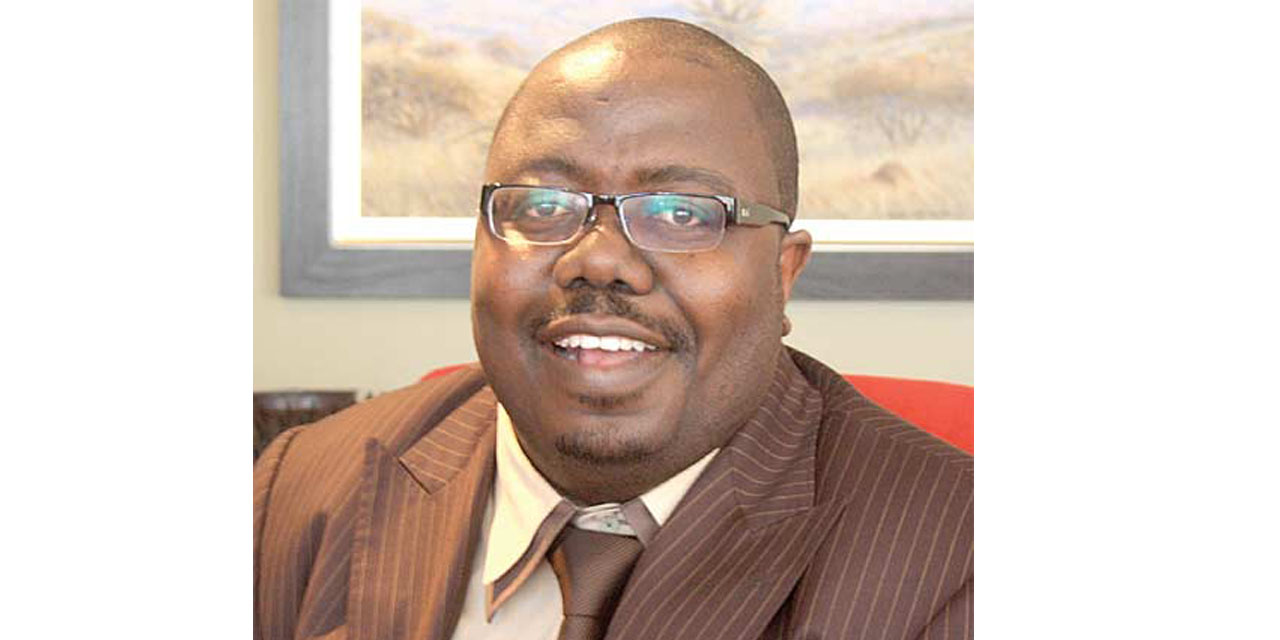Stefanus Nashama
The recent swearing-in of Nangolo Mbumba as Namibia’s fourth President, following the death of former President Hage Geingob, has ignited a widespread debate concerning the constitutional grounds of his presidency.
The ceremony, which also saw Netumbo Nandi-Ndaitwah sworn in as Vice President, has drawn both legal scrutiny and public discourse.
Critics argue that Mbumba’s ascension to the presidency was not in full alignment with the Namibian Constitution, contending that Chief Justice Peter Shivute may have exceeded his constitutional mandate.
Public opinion is divided, with some suggesting that Mbumba should have continued in his role as Vice President and acting President until a new president was elected within 90 days.
This constitutional quandary has drawn comments from legal professionals such as Kavetu Maitjituavi, head of legal affairs at Affirmative Repositioning, and lawyer Kadhila Amoomo. Maitjituavi asserts that Mbumba’s current role is that of an acting president, not the substantiated fourth president of Namibia.
According to Maitjituavi, Mbumba is acting as president, and not the president.
“An acting CEO of Nampower was never a CEO of Nampower. Mbumba is not the fourth president. He is acting as president. The Constitution provides that he will act as president, it didn’t say he will be president,” Maitjituavi reasoned.
He pointed out that the oath administered by the Chief Justice has set a wrong precedent.
He reiterated that Mbumba should have remained vice president and acted as president, adding that Chief Justice Shivute took advantage of the events as the whole nation was all in shock and slept on duty.
“We failed to protect the Constitution,” he said.
According to Article 24 of the Namibian Constitution, if the office of the President becomes vacant or if the President is otherwise unable to fulfil the duties of the office, the vice-president, the prime minister, the deputy prime minister, or a person appointed by the president from the members shall act as president for the unexpired portion of the president’s term of office or until the president can resume office.
However, Articles 28, 29, and 34 further have more emphasis on the president.
On the contrary, Amoomo argued that Mbumba was lawfully sworn in as president.
“The appellation as the fourth president of the Republic of Namibia is constitutionally valid,” he said.
Amoomo was responding to media questions sent to him regarding the presidential succession debate.
“Having carefully analysed the language and context deployed by the drafters of the Constitution, in particular, having regard to Article 29 (4) (a) read with Article 34 of the Namibian Constitution, we hold the view that President Nangolo Mbumba was lawfully sworn in as the fourth president of the Republic of Namibia,” he said.
This, he said, was supported by the facts and circumstances surrounding how the presidential position became vacant.
At the same time, Amoomo pointed out that the subsequent appointment and swearing-in of the vice president and subsequent appointment of Cabinet members, by President Mbumba remain valid.
“In any event, the act of administering the oath by the Chief Justice has legal implications which have not been impugned by anyone through a judicial process. The swearing is therefore extant and undisturbed. The same applies to subsequent appointments of the vice president and Cabinet members,” he explained.
The lawyer compared the Namibian Constitution to the South African and Zambian ones.
“The South African Constitution makes provision for an acting president and sets out his powers. The Namibian Constitution does not do this. Unlike Namibia, in Zambia, an acting president does not have the full powers of the president. The Zambian constitution states clearly that an acting president cannot dissolve appointments made by the previous president nor can he dissolve parliament. This is not the case in Namibia. Find relevant Zambian and South African,” he stated.
Amoomo’s comparative analyses indicate that an ‘acting president’ is a substantive president, adding that the word ‘acting’ used in the Constitution is more of a verb than it is a noun.
He stated that this is more reflected if one can compare the Zambian and South African Constitutions that recognise an acting president.
As he compares the Constitutions, Amoomo submitted that the legal consequences are the same.
According to him, the submission on the issue of an acting president is made notwithstanding the recognition that an acting functionary is in any event lawfully empowered to carry out the functions of the substantive functionary.




